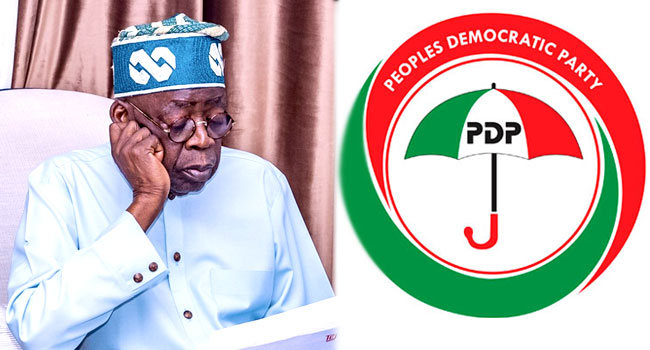NNPCL Sacks Warri, Port Harcourt, Kaduna MDs, Others
The new leadership of the Nigerian National Petroleum Company Limited (NNPCL), headed by Group Chief Executive Officer Bayo Ojulari and Executive Non-Chairman Musa Ahmadu-Kida, has reportedly dismissed the managing directors of the Warri, Port Harcourt, and Kaduna refineries.
Additionally, several senior NNPCL officials, including Bala Wunti, former head of the National Petroleum Investment Management Services (a subsidiary of NNPCL), have been relieved of their duties.
The shake-up also affects officials nearing retirement, as those with only a year left in service have been asked to step down. Reliable NNPCL sources confirmed the development to WAFFI TV on Tuesday night.
The source said, “These people are MDs of Port Harcourt Refining Company, Kaduna Refining and Petrochemical Company, and the Warri Refining and Petrochemical Company.
“So you know more on the issue, some other senior managers were asked to leave as well”, the source stated.
In April 2025, President Bola Tinubu dismissed Mele Kyari and Chief Pius Akinyelure from their roles as Group Chief Executive Officer and Board Chairman of the Nigerian National Petroleum Company Limited (NNPCL), appointing Bayo Ojulari and Musa Ahmadu-Kida as their successors. The decision followed reports of poor performance at the Port Harcourt and Warri refineries despite their rehabilitation the previous year.
Although the Port Harcourt refinery had been declared operational and producing petroleum products, it was running at less than 50 percent capacity. Further concerns emerged after it was revealed that the Warri Refining and Petrochemical Company had remained shut since January 25, 2025, due to safety issues with its Crude Distillation Unit Main Heater, prompting additional leadership changes.
4/30/2025, 2:02:55 PM
views 4933
53







